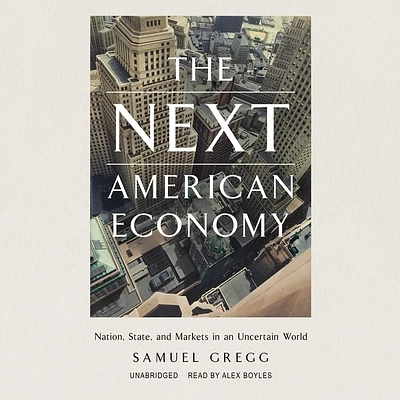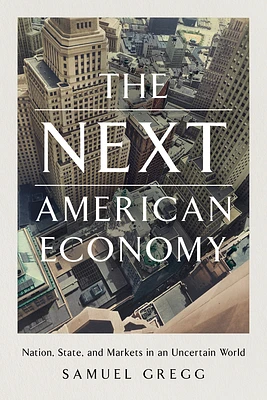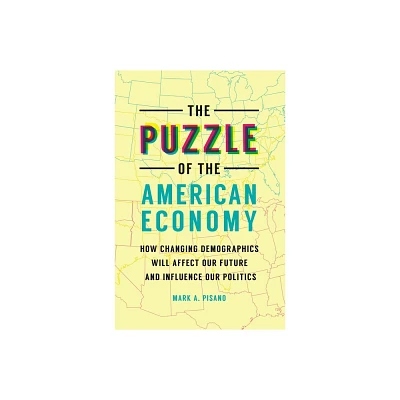Home
Democracy and the Next American Economy: Where Prosperity Meets Justice
Loading Inventory...
Barnes and Noble
Democracy and the Next American Economy: Where Prosperity Meets Justice
Current price: $22.95


Barnes and Noble
Democracy and the Next American Economy: Where Prosperity Meets Justice
Current price: $22.95
Loading Inventory...
Size: Paperback
*Product Information may vary - to confirm product availability, pricing, and additional information please contact Barnes and Noble
Progressive intellectual Henry A. J. Ramos believes the United States is at a crossroads, facing the most challenging moment since the civil rights movement of the late 1960s and early 1970s. In fact, absent major new interventions and investments, he sees this moment as a pivotal turning point in the American journey in which political polarization, income and wealth disparity and public violence—much of which is race related—threaten the very essence and integrity of our democracy and economy.
Ramos examines the policies that have contributed to America’s decline, including those that have led to the concentration of great wealth in the hands of a few while condemning many to systemic poverty and inequality. Current economic and social trends, he stresses, are unsustainable and call for organized, concerted action by people of conscience and those affected.
Ultimately, Ramos provides a roadmap for the future so the United States can continue to provide opportunities for its people and serve again as a leader in the international community. He offers case studies of organizations that have successfully created and administered programs that further equity in society, restore democratic practices, implement better urban and city planning and protect the environment.
Demonstrating both the critical importance and real possibility of leveraging prosperity and justice for all Americans, this compelling work is a must-read for anyone interested in democracy, economic restoration and environmental sustainability.
Ramos examines the policies that have contributed to America’s decline, including those that have led to the concentration of great wealth in the hands of a few while condemning many to systemic poverty and inequality. Current economic and social trends, he stresses, are unsustainable and call for organized, concerted action by people of conscience and those affected.
Ultimately, Ramos provides a roadmap for the future so the United States can continue to provide opportunities for its people and serve again as a leader in the international community. He offers case studies of organizations that have successfully created and administered programs that further equity in society, restore democratic practices, implement better urban and city planning and protect the environment.
Demonstrating both the critical importance and real possibility of leveraging prosperity and justice for all Americans, this compelling work is a must-read for anyone interested in democracy, economic restoration and environmental sustainability.


















